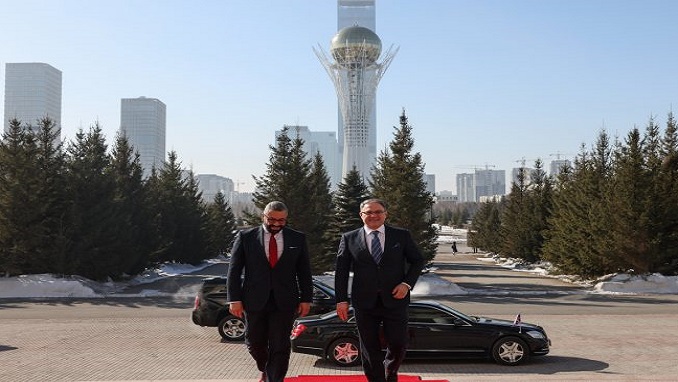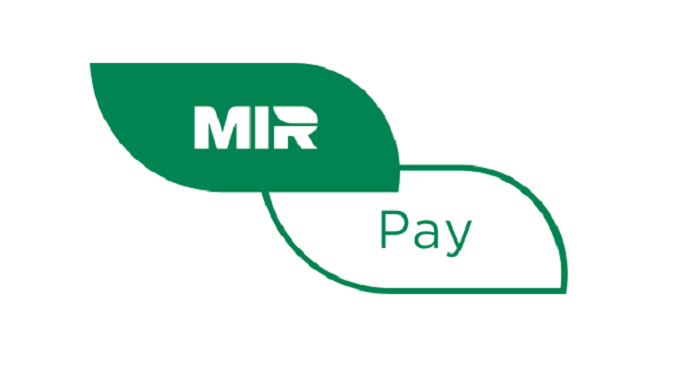The United Kingdom will help the diversification of Kazakhstan oil exports by other routes bypassing Russia, British Foreign Minister James Cleverly said during his visit to the Central Asian nation over the weekend.
Praising Astana’s position on the Ukrainian conflict, Cleverly noted that the UK greatly appreciates Kazakhstan’s consistent and principled position in supporting Ukraine’s territorial integrity and the efforts to bring about a peaceful resolution to the war.
Though Astana has traditionally been closely allied with Moscow, it has refused to support Russia’s invasion or recognize its annexation of Ukrainian territories.
In recent weeks, Kazakhstan’s companies have been flooded with new requests from Russian companies to help them circumvent Western sanctions and import badly needed goods – everything from bearings and aircraft parts to rare earth metals – across Kazakhstan’s 7,591-km land border with Russia.
During his visit to Kazakhstan, where he also signed a memorandum on supplies of critical minerals – such as rare earth metals- met with Kazakh President Kassym-Jomart Tokayev and several other senior officials.
While they discussed the disruptions in Kazakh oil exports, most of which go through Russia, the UK official underscored that his government will assist Kazakhstan in the diversification of oil exports and the development of alternative routes – namely via Azerbaijan – and the future of the Trans-Caspian International Transport Route (TITR), also known as the Middle Corridor.
Cleverly’s visit to Astana can potentially lead to several developments, which have far-reaching consequences for a number of states.
With regard to TITR, the multilateral institutional development linking China’s rail freight transport networks and the EU through Central Asia, the Caucasus, Turkey, and Eastern Europe, Kazakhstan has a vital role to play, especially within the scope of the EU Global Gateway strategy.
Kazakhstan has already started diverting some crude shipments towards TITR, which crosses the Caspian Sea, Azerbaijan, Georgia, and Turkey and requires significant investment in order to boost its capacity.
Kazakhstan accounts for almost half of the world’s uranium output and has large deposits of rare earth minerals which the West has traditionally sourced from China or Russia.
Back in November, Kazakhstan told EU officials that it would be able to offer all the 30 critical raw materials the bloc needs – according to a list adopted in 2020 – in the near future.
The resource-rich country is currently producing 16 of them. With regard to nine other rare minerals, Kazakhstan has deposits, but it does not yet mine them whereas regarding the remaining five, Kazakhstan has deposits, but it does not know the quantities.



